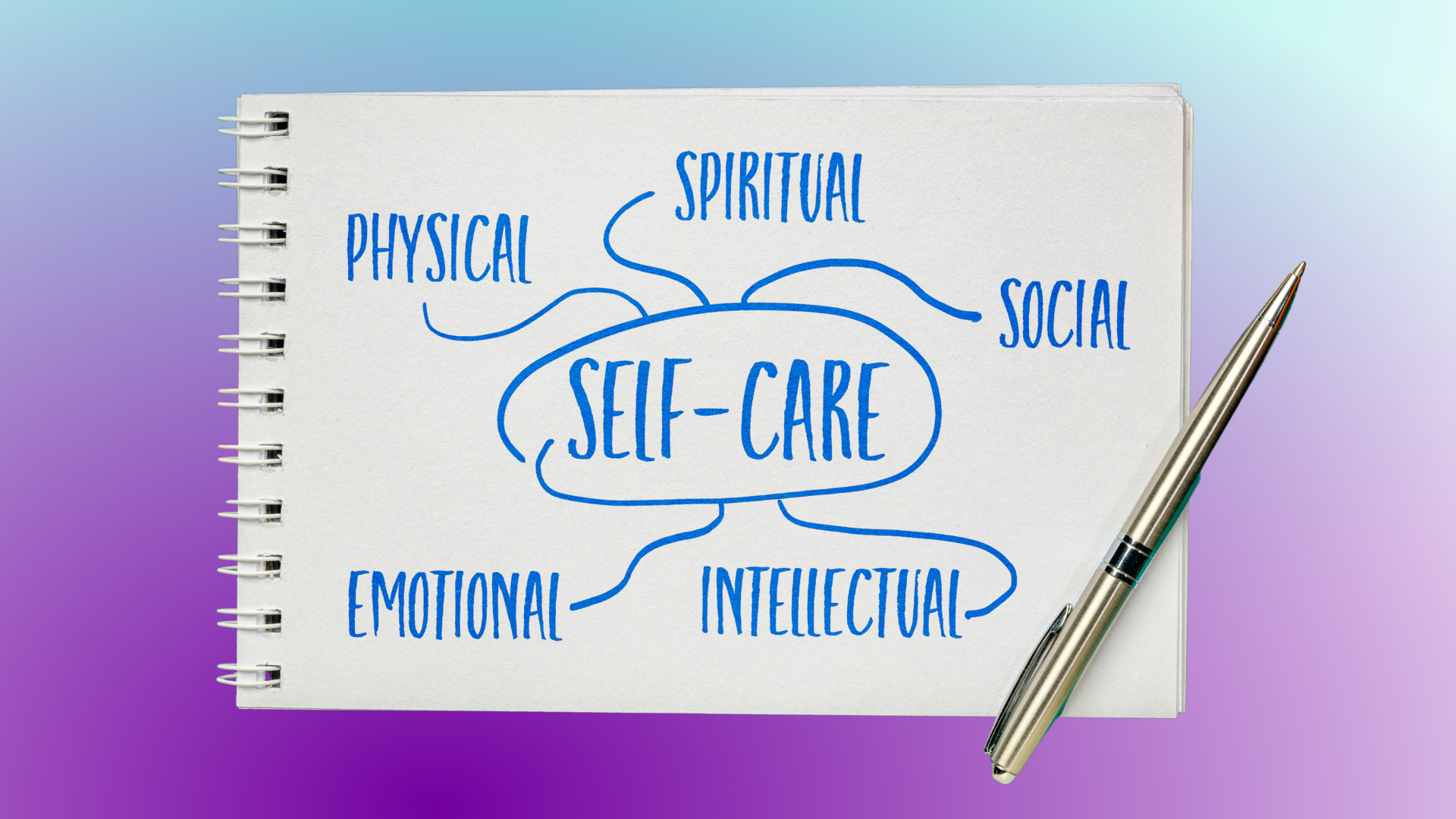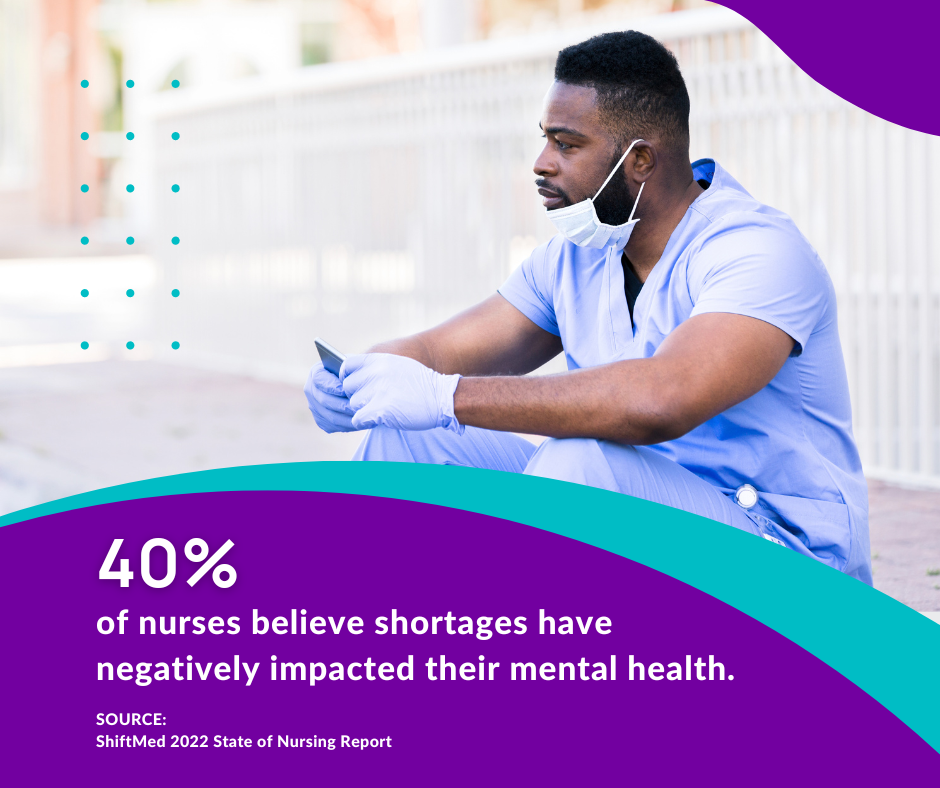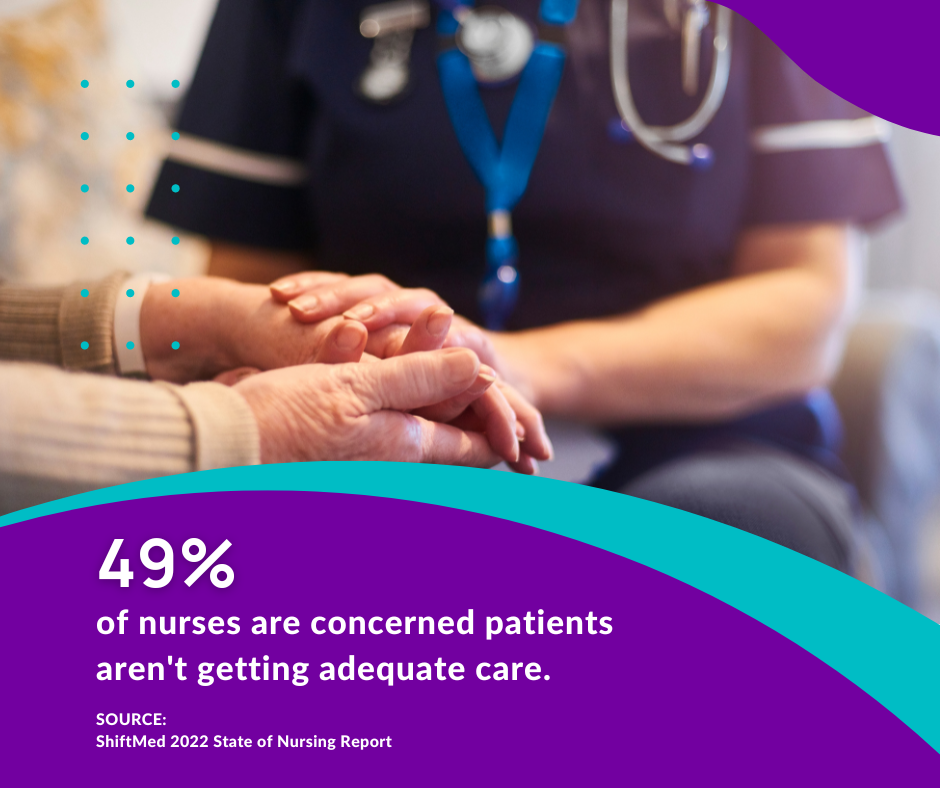Why Is Self-Care Important for Nurses?

As you know, nursing is much more than a career or a profession—it's a higher calling. Caring for another person at their lowest tests our mental, emotional, physical, and spiritual strength. Given the responsibility and stress we face at work, it's understandable why many of us experience job burnout at one time or another. That's why self-care is important for nurses.
What Does Job Burnout Look Like?
The Mayo Clinic describes job burnout as a state of physical or emotional exhaustion that also involves a sense of reduced accomplishment and loss of personal identity.
Burnout can manifest itself in many ways, but common symptoms include work anxiety, depression, chronic fatigue, and insomnia. Many healthcare professionals might think this is part of working in post-pandemic healthcare, but that's not true.
How has COVID Affected Nurse Mental Health?
During the pandemic and even today, hospitals and other care facilities have mandatory overtime and on-call hours for their nurses, creating extreme exhaustion. If you're feeling this way, you're not alone.
A 2021 nurse health survey conducted by the American Nurses Association found that 70% of nurses surveyed believed they prioritized their patients' care over their own, while 77% found themselves at a "significant level of risk" for stress in the workplace.
Staffing shortages have only exacerbated the mental health strain on nurses, adding to an already stressful profession. Nursing shortages increase patient assignments and push nurses to their limits.
In a recent ShiftMed study, 99% of respondents reported experiencing staffing shortages. These staffing shortages not only negatively affect the nursing staff but can be harmful to patient care.

Nurse Burnout and Patient Safety
We all want to provide the best possible care for our patients, but we're human. We can only do our best with the time we have in a shift. From the outside looking in, it may seem the physical care of our patients is our focus, but it's more complex than that.
As nurses, we're often our patients' support systems, their listening ears, and their advocates, which can weigh more heavily on us than we realize. When you truly care about your patients, each poor result and tough diagnosis not only hits the patient hard but also hits you as their nurse. In fact, healthcare professionals are more likely to experience mental health problems often due to their working conditions.

The barrage of stress and responsibility nurses face at work can be overwhelming at times, making self-care extremely important to prevent job burnout. As such, we must prioritize our well-being and mental health to care for our patients properly.
Bradley University states, "Rather than viewing self-care as an occasional indulgence, nurses should consider self-care as a pillar of preventive care."
Self-Care Tips for Nurses
So, what is self-care? Self-care is when you actively protect your well-being and happiness, particularly during stressful periods. Self-care at home helps us rejuvenate and reinvigorate, so we can handle whatever work throws our way. Self-care truly boils down to prioritizing yourself—treat your mind, body, and soul as you would a patient.
1. Prioritize your mental well-being.
Make a conscious effort to engage in conversations with others and stay connected with your friends and family. If you need help coping with workplace trauma, don't hesitate to contact a mental health professional.
2. Prioritize your happiness.
Seek out activities that bring you joy—and don't involve nursing skills whatsoever. You could start a new hobby or rekindle an old one. You could join an art class or find new ways to enjoy nature.
3. Prioritize exercise and rest.
Bradley University states, "Science shows that exercise enables the body to process stress, improving health and mood." Exercise doesn't have to be a chore—just stay consistently active. Pick an activity you enjoy, such as yoga, hiking, biking, or swimming.
4. Prioritize a healthy work-life balance.
A manageable work schedule is essential to a healthy work-life balance. However, many healthcare facilities want their workers to pick up more shifts with longer hours, making self-care virtually unattainable. Not to mention, it's a scenario that prevents patients from getting the best possible care. But it doesn't have to be that way.
Better Self-Care Starts With ShiftMed
ShiftMed gives you the means to have the healthy work-life balance you deserve. Our nursing jobs app lets you choose when, where, and how often you work, while our ShiftMed Cares™ suite of perks provides the means for you to flourish personally and professionally.
So, if you're a nurse struggling with job burnout, don't let it take hold of you and drive you out of the profession. There are patients out there who need you. Download the ShiftMed app today to take control of your life and start doing the work you love on your terms.
About the Author: Brianna Dill is a registered nurse and the weekend clinical compliance nurse for ShiftMed. Before joining our team, she worked as a charge nurse in a local hospital's medical/surgical and telemetry unit. She also has experience working as a certified nursing assistant—a role she carried out while earning her Bachelor of Science in Nursing. Her passion is building up and supporting other nurses through education and advocacy.